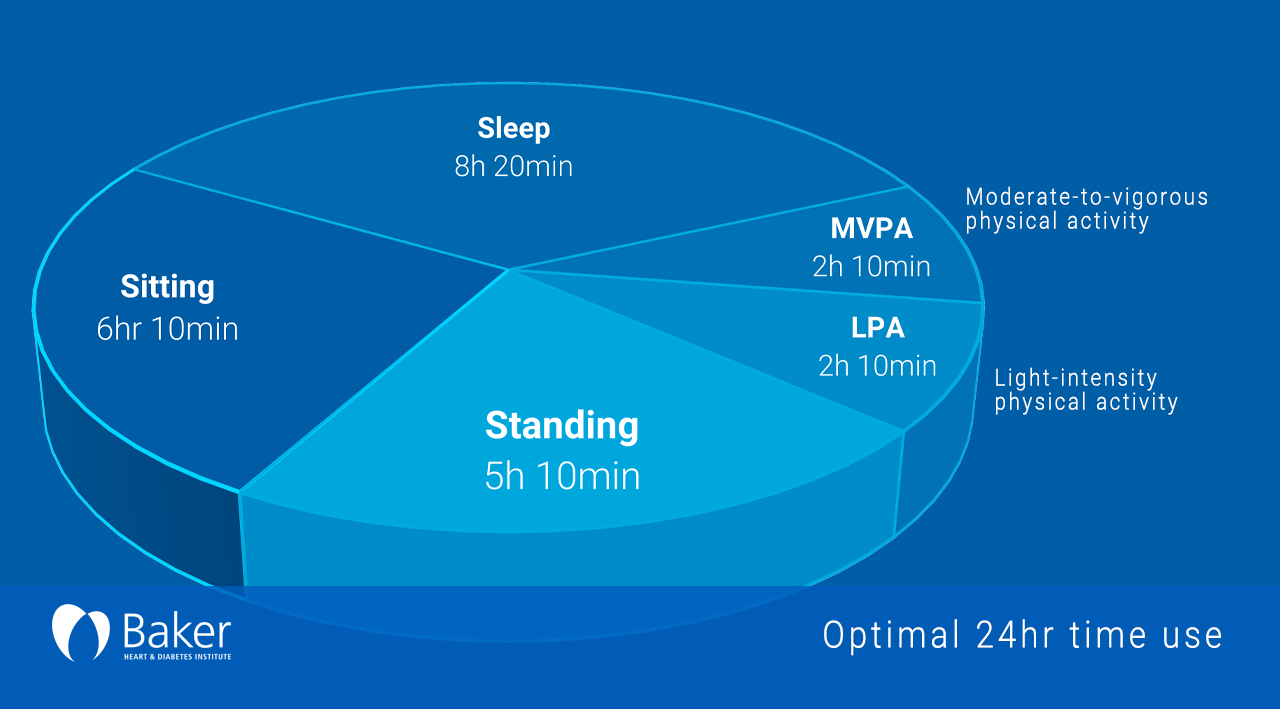The Australian Human Rights Commission is pleased to announce its submission to the House Standing Committee on Employment, Education and Training’s inquiry into the Use of Generative Artificial Intelligence in the Australian Education System.
The right to education
Education is both a human right in itself and an indispensable means of realising other human rights. The right to education is recognised in a range of international human rights instruments and must be protected and promoted.
However, how that right is delivered to school-goers is changing as technology evolves. Australian schools must not only prepare for greater adoption of the use of artificial intelligence (AI) in how they teach – but also educate people on how to use that technology safely.
The UN Committee on Economic, Society and Cultural Rights stated that the introduction to technology in learning “should be understood as a component of general education”.
More recently,the Special Rapporteur on the right to education urged that “the understanding of the right to education should be broadened to include digital competencies and access to the Internet as a means of supporting the right to education, the right to information and cultural rights”.
Using AI in the classroom
Generative AI has the potential to transform learning and improve educational outcomes, but only if AI is used ethically.
Some of the key potential benefits of using generative AI tools include:
- Personalised and interactive learning
- Fostering creativity and innovation
- Advanced assessment and feedback
- Accessible and inclusive education
- Administrative efficiencies
- Data-driven insights.
While generative AI tools may be able to replace some of the tasks that teachers currently perform, this technology is best used to enhance teaching. It cannot replace the indispensable role of human interaction and cooperation, which must remain at the heart of education in Australia.
Even UNESCO has provided guidance stating the need to be “watchful against the potentials of newly powerful generative AI technology, alongside older digital tools and services, to undermine the authority and status of teachers”.
It continued that ultimately “well-run schools, enough teachers, and teachers with the requisite conditions, training and salaries that allow them to be successful remain the main ingredients of a sustainable remedy” to the challenges posed by technology in the classroom.
Human rights risks
If those interacting with the school system are not taught how to use AI ethically, or if there is no national framework to support the ethical use of AI in Australia’s education system – there will be human rights risks for students, parents and teachers.
Although several challenges are posed in the Commission’s submission, the following risks are paramount:
- Privacy
- Algorithmic bias and discrimination
- Digital equality
- Commercialisation of data
- Undermining educational integrity.
Our submission
If Australia’s national education system is to not only keep pace with, but utilise, AI in a sustainable way that enhances education and student rights – the House Standing Committee should ensure a response that protects and promotes human rights.
You can read the details of the Commission’s submission online to learn more about our 16 recommendations for using AI in the education system.








